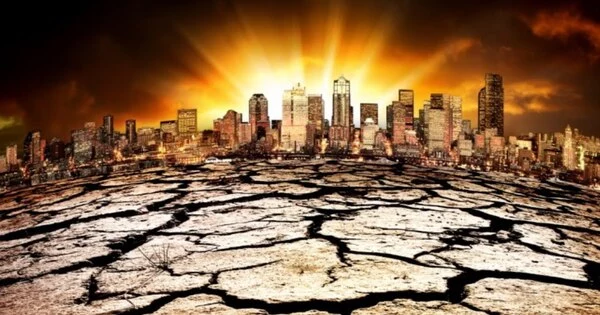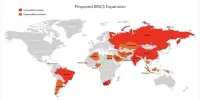The issue of human extinction is complex and serious. It is the hypothetical extinction of the human species, caused by either extraneous natural causes, such as an asteroid impact or large-scale volcanism, or by anthropogenic destruction (self-extinction), such as sub-replacement fertility. While the possibility of human extinction exists, it is important to note that predicting specific outcomes in the distant future is extremely difficult.
Natural disasters, pandemics, technological threats, environmental degradation, and other factors could all theoretically contribute to human extinction. Climate change, global nuclear annihilation, biological warfare, weapons of mass destruction, and ecological collapse are just a few of the many possible contributors to anthropogenic hazard. Other scenarios center on emerging technologies, such as advanced artificial intelligence, biotechnology, or self-replicating nanobots.
Here are some key points to consider:
- Natural Disasters: Supervolcanic eruptions, asteroid collisions, and extreme climate change could all pose existential threats to humanity.
- Pandemics: Infectious diseases have the potential to spread quickly and wreak havoc. While the COVID-19 pandemic did not result in human extinction, it did highlight the world’s vulnerability to novel pathogens.
- Technological Threats: Technological advancements, particularly in areas such as artificial intelligence, biotechnology, and nanotechnology, may pose risks if not carefully managed. Unintended consequences or malicious use of advanced technologies could have disastrous consequences.
- Environmental Degradation: Human activities, such as deforestation, pollution, and climate change, can have profound impacts on ecosystems. If these activities reach a critical point, they could threaten the habitability of the planet for humans.
- Nuclear Weapons: The existence of nuclear weapons presents a constant risk, whether through intentional use or accidental deployment.
- Space Exploration: As humans explore space, they may encounter extraterrestrial threats or unintentionally contaminate other celestial bodies with Earth organisms.
- Global Challenges: Geopolitical conflicts, economic instability, and social unrest could all escalate to the point of posing existential threats to humanity.
The scientific consensus is that there is a relatively low risk of near-term human extinction due to natural causes. However, the possibility of human extinction due to human activity is currently being researched and debated.
Scientists, policymakers, and organizations are working to reduce these risks and ensure humanity’s long-term survival. The concept of existential risk, as well as efforts in fields such as existential risk studies and effective altruism, seek to address these concerns.
















